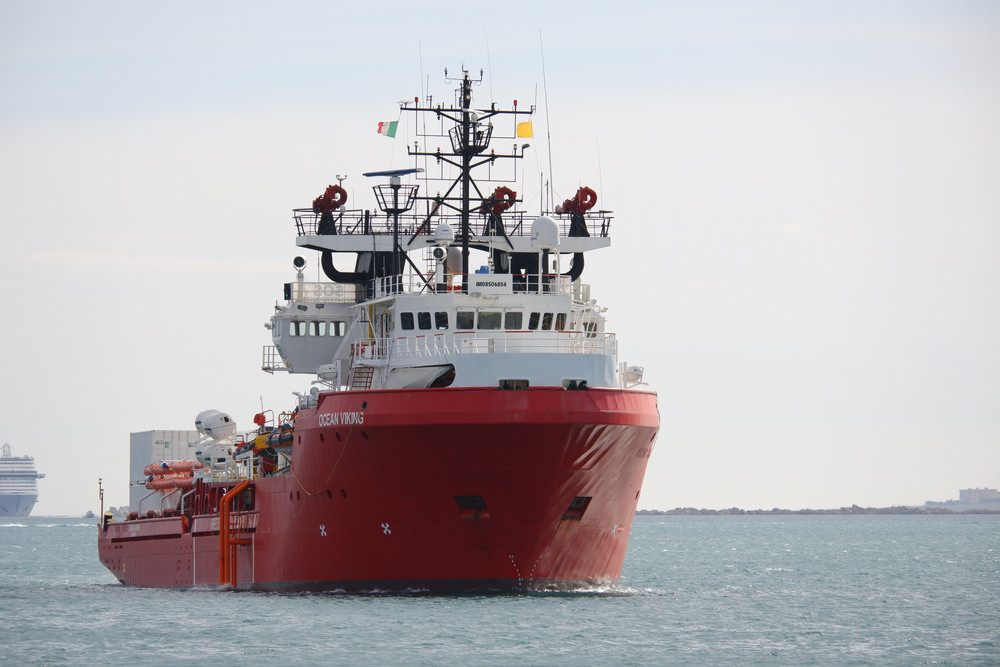As the ship docked on 11 November with 230 refugees on board, including 57 children rescued off the coast of Libya, Luxembourg volunteered to take in some refugees.
For the moment, nine European countries have volunteered to receive the refugees from the Ocean Viking, namely Germany, which is due to receive "more than 85 people" on Saturday, Croatia, Romania, Bulgaria, Lithuania, Malta, Portugal, Luxembourg and Ireland, as well as France.
The Ocean Viking had been stranded at sea for more than 20 days waiting to dock in a European port. Despite the boat staying in Italian territorial waters, the country led by Giorgia Meloni has remained deaf to calls for solidarity.
Reception capacities almost saturated
In Luxembourg, the Office national de l'accueil (ONA) currently has 55 accommodation structures for applicants for international protection (IPR) with a maximum capacity of 4,696 beds. It should be noted that although the flow of new arrivals had fallen slightly since the beginning of the health crisis, it has been on an upward curve since this summer so that reception capacities remain very limited with a net occupancy rate in temporary accommodation structures of 94.4%.
Read also
In addition to the network of accommodation for applicants for international protection, the ONA also accommodates people who have fled the war in Ukraine. It has 12 accommodation facilities for people who have fled the war in Ukraine, with a maximum capacity of 1,688 beds. The net occupancy rate is currently 75.9%.
This story was first published in on Paperjam. It has been translated and edited for Delano.
